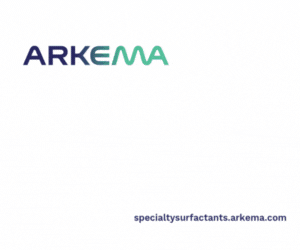“Machiavellian.” An odd reference in a technical article, that, nevertheless, describes the conundrum faced by users specifying the elastic recovery test as an additional test for premium, and theoretically polymer-modified, PG asphalt binders. Machiavelli, a 15th century politician philosopher (two words that probably don’t belong together), was credited with the political philosophy that “the end justifies the means.”
Taking some liberties with this reference, we can rewrite it with respect to elastic recovery testing to state that the desired result is a function of the test procedure used. The standard test procedure for determining the elastic recovery of an asphalt binder—ASTM D6084—allows the user to choose from two procedures. Yet these two procedures may provide different test results.
A study conducted by the Western Cooperative Test Group in 2006 evaluated three different elastic recovery procedures for three RTFO-aged PG 70-28 asphalt binders. For one of the PG 70-28 asphalt binders, a comparison of the two ASTM D6084 procedures resulted in an average elastic recovery value that was different by almost 5 percent, as shown in Figure 1. This difference exceeded 5 percent in 17 of 25 comparisons.
A closer look at the data indicates that the difference in the elastic recovery result was caused principally by the use of a 5-minute hold-time before cutting. Figure 2 shows the data using no hold-time, but tested at two different elongations. In this figure, the average elastic recovery test results are much closer, although the tests conducted at an elongation of 10 centimeters are more variable than the tests conducted at an elongation of 20 centimeters.
The moral of this odd tale of early 16th century political thought and late 20th century asphalt binder testing is that the user should exercise care in setting specification limits for elastic recovery values as the end result is very dependent on the testing means used. For more information on elastic recovery testing or to receive information about laboratory testing services at the Asphalt Institute, please contact Mike Anderson or Gary Irvine.













